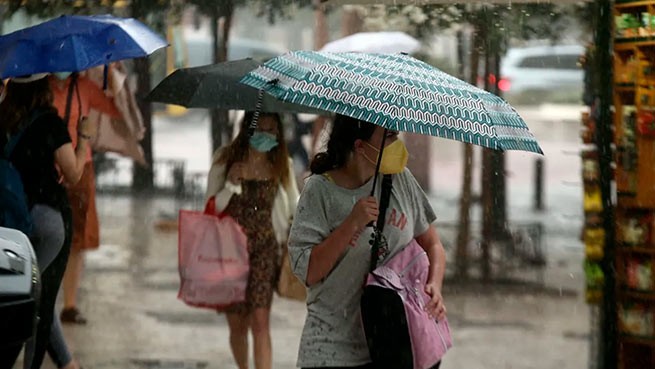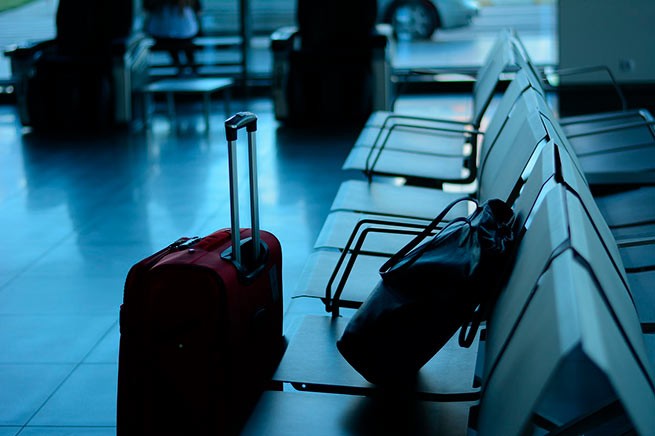Japanese airlines are making a surprise call to visitors to Japan, telling them to pack only underwear and a toothbrush for travel, and “throw away any suitcase that isn’t eco-friendly.”
The airlines’ pioneering practice is being implemented as part of a year-long experiment that began on Wednesday. Japan Airlines travelers can now rent clothing by season, size, style and color.
Under this program, a potential visitor to Japan can reserve clothing up to a month in advance and use it for two weeks.
Travelers can even state the purpose of their visit to ensure they are dressed appropriately. According to representatives of the Japanese airline, this project is designed for travelers who want to make a “green trip”.
It is worth noting that rental clothing is a combination of retail surplus stock and used clothing assembled by a partner company. Clothing is delivered to the hotel or Airbnb prior to each traveler’s arrival and collected at the end of the trip for washing and disposal.
“Any Clothes, Anywhere”
Under current rates, a woman traveling on a business trip during the height of the Japanese summer can pay 5,000 yen (31 euros) for a set of five blouses and three pairs of trousers, including linen shirts, trousers and an ankle-length skirt. Similarly, a man heading out on a more casual winter trip can rent a wardrobe that includes trendy faded jeans, a sweatshirt and a comfortable down jacket for ¥7,000 (44 euros).
The pilot program, known as Any Wear Anywhere, is run by Japan Airlines (JAL) and Sumitomo to promote eco-tourism. Over the course of 13 months, JAL will collect data on whether the program will lead to an overall reduction in passenger baggage weight.
Reducing CO emissions2
The website that hosts the clothing rental program claims that a 10kg reduction in the weight of a passenger’s luggage results in a 7.5kg reduction in carbon dioxide emissions. This is the equivalent of not using a hair dryer for 78 days (based on 10 minutes of drying time).
The project was launched during a period of explosive growth in the number of visitors to Japan after the pandemic. After imposing severe restrictions on the entry of tourists between March 2020 and October 2022, Japan reopened its borders. In the first three months of 2023, visitors spent an average of 50,496 yen (321 euros) on shopping alone, according to the state tourism agency. Nearly 1.9 million people visited Japan in May, up 1,191% from the same month last year, according to Japan’s National Tourism Agency, according to a Financial Times article.
The sharp increase in visitor numbers, which is still about 30% lower than in 2019, has come despite a significantly lower number of tourists from mainland China, which continues to limit the number of exit visas for tourists.







More Stories
The weather will turn bad on Good Friday
Crete "shaking" – two earthquakes this morning
Ecological… tombstones